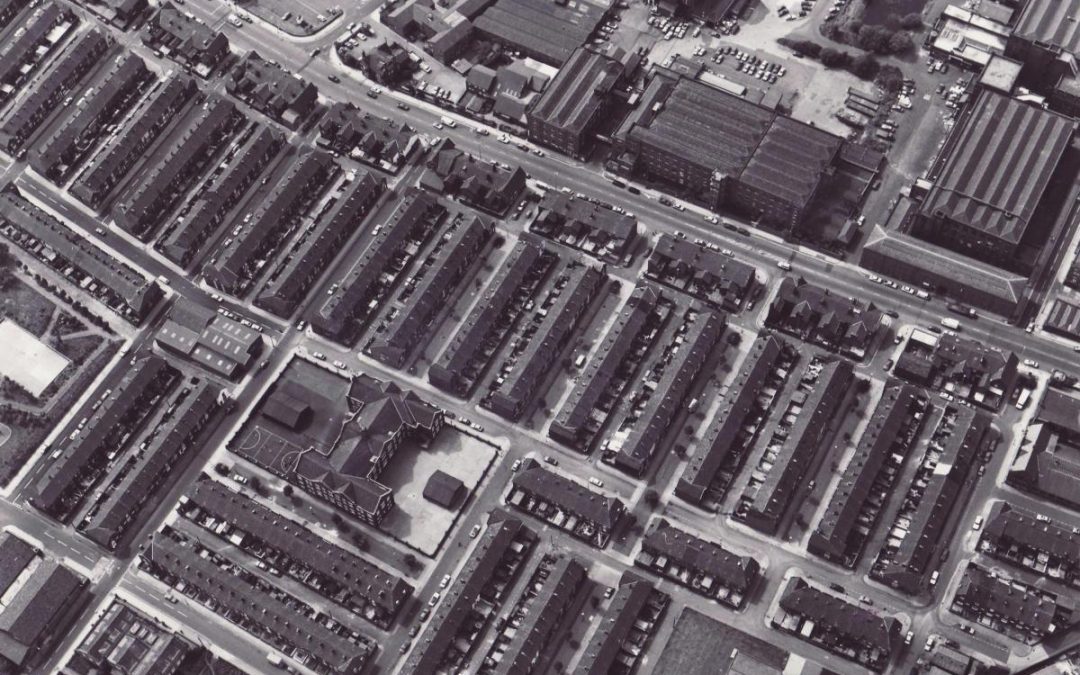Dealing with a blocked drain can be a frustrating experience for any homeowner. Understanding what causes these issues is key to proper maintenance and prevention. This guide is designed to offer practical insights into the most common causes of blockages, particularly for residents in the Bolton area.
Main Causes of Drain Blockages
Several factors can lead to blockages within your drainage system. Below are some of the most common causes and how to prevent them:
| Cause | Description | Prevention Tips |
|---|---|---|
| Hair Build-Up | Hair often accumulates in bathroom drains, leading to blockages. | Fit drain covers and clean them out regularly to prevent hair from entering the pipes. |
| Grease and Fat | Pouring fat, oil, or grease down the sink causes it to solidify and block pipes. | Allow grease to cool and dispose of it in the bin, not down the drain. |
| Foreign Objects | Items like baby wipes, cotton buds, and sanitary products can block drains if flushed. | Only flush toilet paper and human waste. Bin everything else. |
| Tree Roots | Roots from nearby trees can grow into underground pipework and cause serious blockages. | Consider regular inspections and, if necessary, seek professional help to manage root growth. |
| Soil and Debris | Heavy rainfall can wash soil and garden debris into drains. | Maintain good outdoor drainage and clear leaves and debris regularly. |
How to Spot a Blocked Drain
Early detection can prevent bigger problems down the line. Watch out for these common signs:
- Water draining slowly from sinks, baths, or showers
- Bad smells coming from plugholes or drains
- Gurgling noises when using taps or flushing the toilet
- Water pooling around external drains or in the garden
What to Do if Your Drain is Blocked
If you suspect a blockage, take action quickly to avoid further damage. Try the following:
- Use a plunger to shift any obvious blockage
- Try a drain snake or flexible rod to dislodge deeper obstructions
- Pour boiling water down the drain to break down grease or soap
- If the issue doesn’t improve, contact a local drainage professional in Bolton
Should You Tackle a Blocked Drain Yourself?
Here are the pros and cons of the DIY approach:
| Pros | Cons |
|---|---|
| Cost-saving – no call-out fees | Risk of damaging pipes if tools are misused |
| Immediate response – no waiting | May not reach or fully clear stubborn blockages |
| Learn about your plumbing system | Can be time-consuming and frustrating |
Top Tips for Preventing Future Blockages
Prevention is always better than cure. Follow these tips to keep your drains flowing freely:
- Book routine maintenance with a local drainage specialist
- Use drain guards in sinks, showers, and baths
- Don’t pour oil or food scraps down the sink
- Educate the family about what can and can’t go down the toilet
- Use enzyme-based cleaners now and then to keep organic build-up at bay
When to Call a Professional Plumber
Some problems are best left to the experts. Contact a plumber or drainage company if you notice:
- Repeated blockages that don’t clear with DIY methods
- Multiple drains in your home backing up at once
- Strong, persistent smells from your drains
- Water stains or damp patches around sinks, toilets, or walls
- Needing to unblock drains more than once every few months
Conclusion
For homeowners in Bolton, understanding the causes, warning signs, and preventative measures for drain blockages can save both time and money. Clear boundaries about what goes into your drains, paired with regular maintenance, will help avoid costly repairs and keep your home running smoothly.
Further Reading and Resources
For more guidance on home drainage and plumbing care, you may find the following resources useful:


Recent Comments